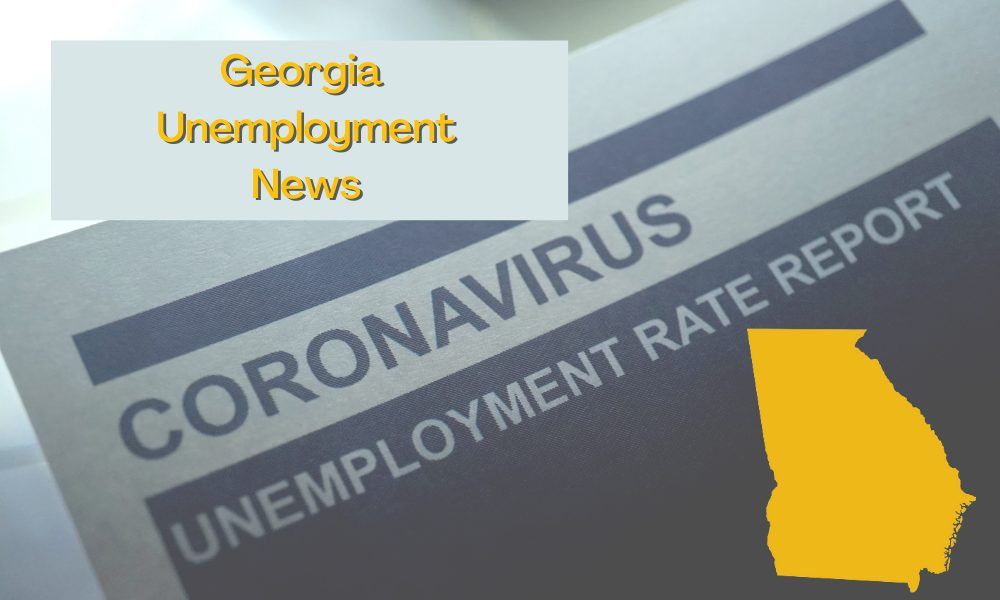Recently, Georgia’s 13-week Insured Unemployment Rate fell below the threshold for the State Extended Benefit (SEB) program to remain available for payments and the last payable week ending date is Feb. 6, 2021.
Any eligible payments for week ending dates after Feb. 6, 2021, will no longer be payable under the SEB program. Claimants who are later determined to be eligible for week ending dates on or before Feb. 6, 2021, will be paid SEB for those weeks. SEB claimants who continue to be unemployed or partially unemployed after week ending date Feb. 6, 2021 and remain eligible, will have 11 additional weeks added to their previous Pandemic Emergency Unemployment Compensation (PEUC) claim and resume receipt of PEUC. These PEUC payments will be issued as quickly as possible for those claimants whose SEB benefits will end next week.
“Georgia has experienced a decrease in the unemployment rate over the past few months as the economy has stabilized and people are getting back to work,” said Georgia Labor Commissioner Mark Butler. “However, the timing is not optimal as we continue to implement the many complicated programs passed by Congress. Every time a change is made, we must reprioritize programming to meet the requirements issued by the USDOL.”
The US Department of Labor approved Georgia to issue SEB in May of 2020, but informed GDOL this week of the end of SEB scheduled for week ending date Saturday, February 6. The SEB program becomes available when a state meets the unemployment rate threshold for a designated period and ends when the unemployment rate decreases below the threshold. As of July 5, 2020, Georgia began a high unemployment period in the SEB program increasing the maximum potential entitlement for claimants to 20 weeks. On Oct. 11, 2020, due to a decrease in the unemployment rate, we began a low unemployment period and decreased the maximum potential entitlement for claimants back to 13 weeks.
The GDOL issued over $238 million last week to Georgians as the agency continues to implement the multiple phases of the Continued Assistance Act (CAA) included in the Consolidated Appropriations Act of 2021 providing extended benefits for claimants on PEUC and PUA. The payments included benefits for regular Unemployment Insurance (UI), Pandemic Unemployment Assistance (PUA), Pandemic Emergency Unemployment Compensation (PEUC), Federal Pandemic Unemployment Compensation (FPUC), State Extended Benefits (SEB), and Lost Wages Assistance (LWA) payments.
The GDOL is continuing to develop and implement the system changes needed to reprogram our UI system to issue payments to those eligible for the 11-week extensions provided by the CAA based on US Department of Labor requirements. The additional requirements must be integrated into the GDOL systems before eligible payments can be released. These requirements include additional proof of employment and self-employment verification for PUA claimants, increased identification verification requirements, job refusal and failure to return to work reporting capabilities, additional fraud detection tools, and additional changes to the PEUC & PUA programs.
The GDOL continues to update its website and social media platforms with up to date information on the implementation of the CAA and next steps for claimants. The GDOL encourages claimants to continue to request weekly payments for those who have exhausted benefits or are waiting on determinations on eligibility. Determinations are continuing to be issued for claimants awaiting eligibility decisions when a job separation is other than lack of work or includes other potential issues that can affect eligibility, such as receipt of severance or retirement pay, refusal to accept suitable job offers, or failure to return to work. All eligible payments will be issued when a decision on eligibility is released, including any additional weeks of benefits a claimant could potentially be eligible for with the implementation of the new program extensions.
The GDOL has paid almost $17.8 billion in state and federal benefits since the beginning of the pandemic in March of last year. 4,360,473 regular UI initial claims have been processed, more than the last nine years prior to the pandemic combined (4.0 million). Last week, regular UI initial claims totaled 27,215, down 801 over the week. Since the beginning of the pandemic, 341,040 PUA claims have been processed.
The sectors with the most weekly regular UI initial claims processed included Accommodation and Food Services, 6,345, Administrative and Support Services, 3,280, Manufacturing, 2,434, Health Care and Social Assistance, 2,085, and Retail Trade, 2,069.
The number of initial unemployment claims filed throughout the United States for the week ending Jan. 30, was 779,000, a decrease of 33,000 from the previous week’s revised level of 812,000.







